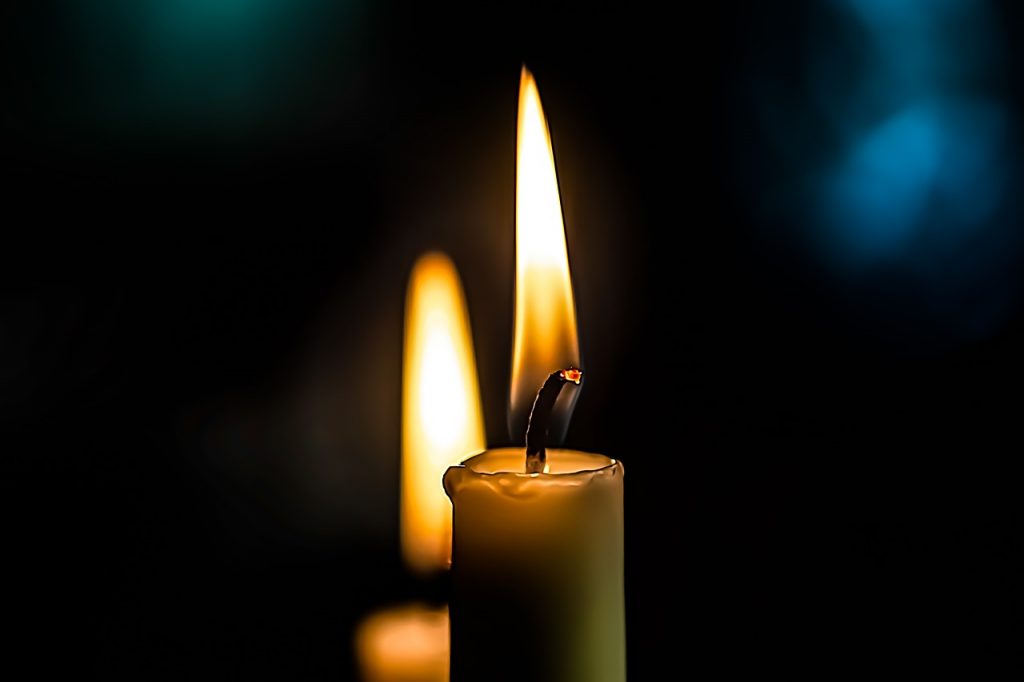
Hi everyone. This blog post will upset some of my colleagues and likely lose me a few followers, and possibly even some friends. I understand. But having a platform comes with the responsibility of using it to speak up against injustice.
I know the past several days have weighed heavily on everyone’s mind as we learned of the horrifying atrocities committed by Hamas. The already high level of antisemitism has increased over the years, culminating in last week’s violence and brutality against Israeli civilians, including children and the elderly. The horror is too much for many of us to fully comprehend. There are still hostages being held and people still suffering. As a society and as a sector we must condemn the terror and cruelty committed by Hamas.
And as vocally we must condemn the Israeli government’s response, which has been to launch a second Nakba, a horrific level of death and destruction, on Palestine and its people. 2.3 million Palestinians live in Gaza. Half of them are children. Cutting off food, water, and energy, and ordering civilians to evacuate Northern Gaza while raining death on families fleeing for their lives and vowing to do more—this is genocide; this is ethnic cleansing. We must be firm in condemning these war crimes, especially as the US government is openly supporting the Israeli government and its violence and inhumanity against Palestinian civilians, including children, who are not Hamas.
I don’t want to center myself and my feelings in this moment, as we who are in safe and privileged positions often tend to do. But reading the news and seeing the images of pain and death, I think about what my family and community endured in the war forced upon us in Vietnam. Whole villages were obliterated. My mother told me how she carried her two youngest siblings, small children at the time, each in a basket at both ends of a shoulder pole, as they ran to dodge bombs falling all around them, weaving between broken and lifeless bodies of other villagers. They were trying to get to another family’s house, which they thought would be safer. They were delayed on the road, and when they arrived, the house and everyone in it had been blown up by bombs.
The fact that these and other scenarios are happening right now and have been continually happening over decades and decades to Palestinians, is heartbreaking and horrifying.
I am glad to see more people and organizations in our sector speaking against the killing and terrorizing of innocent people, whether they are Israeli or Palestinian. But this is not enough. We must also take a stance in support of a free Palestine. There can be no end to these cycles of violence, no lasting peace, until Israel ends its occupation of Palestinian territories. As Joanna Ware, Rabbi Becky Silverstein, and an anonymous colleague write in this thoughtful essay,
“In the same way that more funders — though still not enough — have upped their focus on the root causes of racial injustice, we must also view this moment through the lens of root causes. We cannot avoid naming and addressing the root cause of this violence: decades of oppression and Occupation. Millions of Palestinians live under Israeli control without human rights and dignity. This cannot continue. It does not need to be like this. There is no military solution in Israel/Palestine. The only stable solution is a just peace between Israelis and Palestinians.”
We must be more vocal in support of ending this occupation by the Israeli government, as it is unjust and illegal as deemed by the United Nations.
And we must speak up against it because we in the US are funding it with our tax dollars. Last year, the US committed 3.3 billion dollars to support Israel, and 99.7% of it went to the Israeli military. This week there are plans to approve a 2 billion dollar increase in aid. Our tax dollars have been funding the occupation of Palestinian territories and the oppression and murder of Palestinian people for years, and now these dollars are funding the ramped up killing of civilians, including children whose only crime is being born in Gaza.
Funders, please read the article above and follow its advice, including funding more movement-building and advocacy organizations working on these issues, as well as using your voice to call for justice. “Too few funders use their voice and engage in advocacy, generally, and too many funders are woefully silent right now.”
Nonprofits, I know we’ve all been trained to avoid saying anything controversial or political. So we often don’t say anything at all unless we know it won’t come back to affect our funding and thus the people we serve. But our sector can’t remain silent in the face of injustice, especially as our tax dollars are directly funding that very injustice.
All of my colleagues reading this, I know many of you are heartbroken over the massacre committed by Hamas against Israelis, and now the brutal retaliation by the Israeli government against Palestinians. It is easier to not engage. I’ve seen the comments across various platforms, and they are often terrible, as some people cheer on the atrocities committed by Hamas, others gleeful in the ethnic cleansing implemented by the Israeli government, and yet others conflate criticism of Israel and support of Palestine with antisemitism.
But this is when our voices are most needed. This is when we must examine what we are willing to do and to risk in order to achieve equity and justice. Our sector—nonprofit and philanthropy—works to create a just world. And for that to happen, we must condemn violence and terrorism against civilians regardless of whether they are Israeli or Palestinian, understand the root causes of this conflict, which is colonization and occupation by the Israeli government, and be vocal in our support of a free Palestine.
—
Please donate to support emergency relief for families in Gaza.

